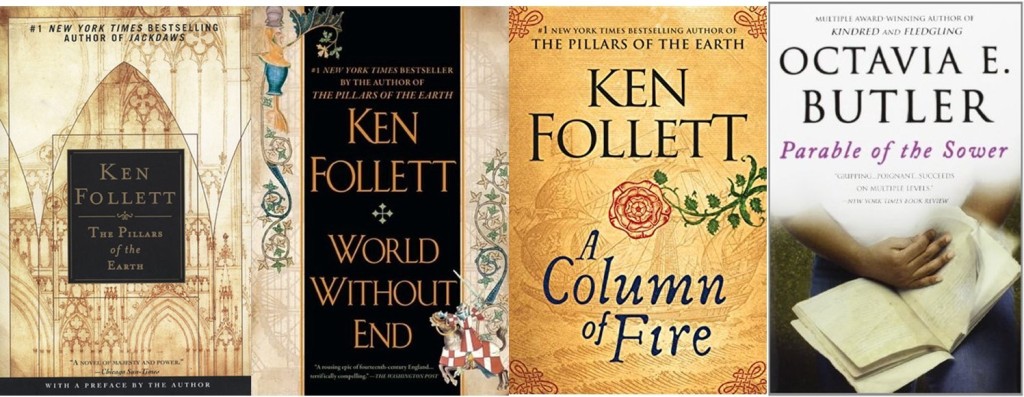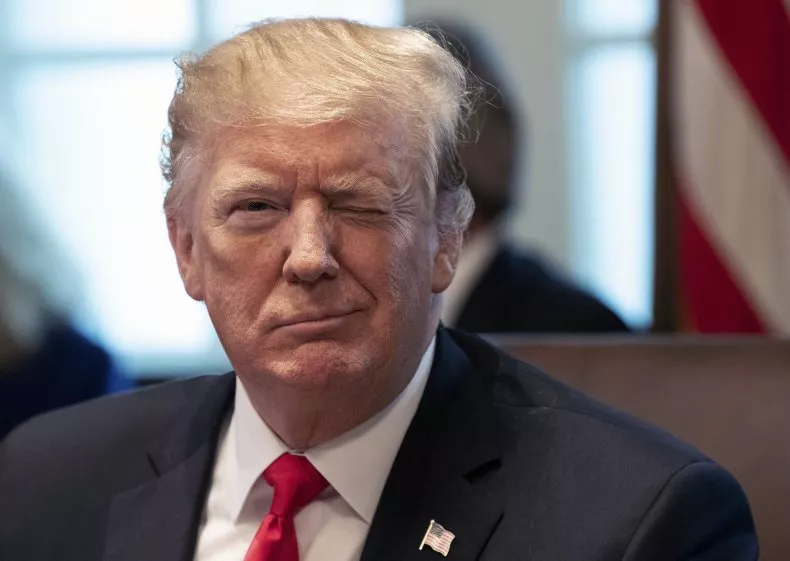
Nothing we write about 2020 can start without the caveat that it has been a strange year. In a normal year, I average about two books per/month and generally reach around 24 books for the year. This year I struggled to hit 19.
The year started off pretty routine. I completed my last book of 2019 – Samantha Power’s memoir (coincidentally I am ending this year with Obama’s memoir) — and then did what I normally do, I turned to a George Pelecanos staple to pick up the pace. One day on my bus commute back from work (when no one thought twice about taking public transportation), I was listening to a podcast with an old interview of Mario Puzo where he talks about how his magnum opus was The Fortunate Pilgrim, not any of his mafia stories. So I read that, and then a variety of other books (including re-reading Dance Dance Dance) until finally Covid hit and the lockdown began.
During lockdown, I read the very appropriate The Plague, but also spent many nights reading about the virus. I didn’t touch Netflix, Disney Plus or Amazon Prime until the Fall. Instead I tried my hand at the Ken Follet Kingsbridge novels. At the end of the summer, I finally caved to the easy thrills of The Mandalorian, Cobra Kai, and then Seinfeld re-runs for lots of late 90s nostalgia.
So to make a long story short, there were lots of distractions from my normal reading pace, yet I was still able to get in some very good books. Here’s what I read this year:
- How to Decide: Simple Tools for Making Better Choices by Annie Duke (currently reading)
- The Promise Land by Barack Obama (currently reading)
- A Column of Fire by Ken Follet
- Pale Horse, Pale Rider by Katherine Anne Porter
- Parable of the Sower by Octavia E. Butler
- World Without End by Ken Follet
- The Pillars of the Earth by Ken Follet
- Deacon King Kong by James McBride
- Black Wave: Saudi Arabia, Iran, and the Forty-Year Rivalry That Unraveled Culture, Religion, and Collective Memory in the Middle East by Kim Ghattas
- Dance Dance Dance by Haruki Murakami (a re-read)
- Shame the Devil by George Pelecanos
- True Grit by Charles Portis
- The Plague by Albert Camus
- The Sweet Forever by George Pelecanos
- Can’t Stop Won’t Stop: A History of the Hip-Hop Generation by Jeff Chang
- The Fortunate Pilgrim by Mario Puzzo
- Warrior of the Light by Paolo Coelho
- In the Woods by Tana French
- King Suckerman by George Pelecanos
The Kingsbridge series pretty much dominated my year. Of the three, A World Without End was my favorite as it takes place during the Black Death (which felt very timely). Kim Ghattas history of the cold war between Saudi Arabia and Iran to dominate the Muslim world by competing to push the extremist ideologies across the region was incredibly informative, as was Jeff Chang’s history of Hip-Hop culture. Dance Dance Dance like almost all of the Murakami novels I have re-read seemed much more flat and repetitive the second time around (which always breaks my heart because he has been one of my all time favorites). I loved The Fortunate Pilgrim which is an Italian immigrant family struggling to make it in Hell’s Kitchen during the Depression. I could imagine the characters as my grandmother and her brothers who suffered through the same time period and circumstances just a dozen blocks away. Butler’s excellent Parable of the Sower about an unraveled and dystopian American society felt all too possible. And of course, for a DC boy like me, anything by George Pelecanos is always enjoyable. All in all, though, I will go with A World Without End as my favorite read of the 2020, with Parable of the Sower coming in second.


